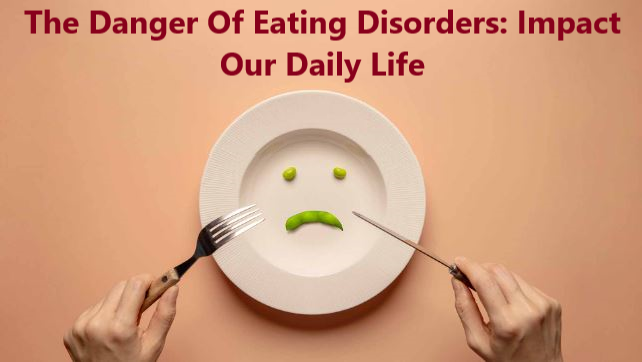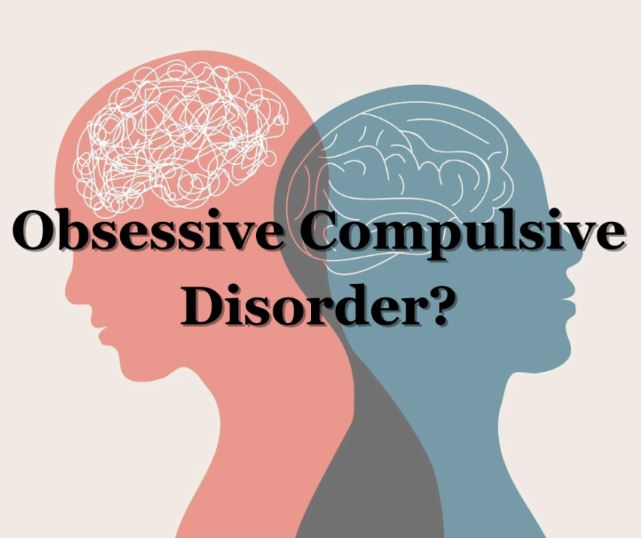Mood Disorders, Delve into the complexities of mood disorders, exploring symptoms, causes, and effective treatment options. This comprehensive overview aims to provide insights and support for individuals affected by mood disorders, offering a path to understanding and managing these challenging conditions.

Introduction
Mood disorders are a category of mental health conditions that primarily affect a person’s emotional state, causing them to fluctuate significantly from their baseline mood. These disorders can impact all aspects of an individual’s life, including their relationships, work productivity, and overall quality of life. The two major types of mood disorders are Major Depressive Disorder and Bipolar Disorder, each with distinct characteristics and symptoms.
Table of Contents
Major Depressive Mood Disorders
Major Depressive Disorder (MDD), also known as clinical depression, is a significant mental health condition that impacts many aspects of an individual’s life. It goes beyond the occasional sadness or “blues” that people experience; MDD is a deep, enduring state of sadness, hopelessness, and disinterest that significantly affects a person’s day-to-day functioning. The symptoms are severe enough to cause noticeable problems in relationships with others or in day-to-day activities such as work, school, or social activities.

Understanding the Symptoms
The symptoms of Major Depressive Mood Disorders are diverse and affect the body, emotions, and mind:
- Persistent Sadness or Low Mood: This is the hallmark of MDD, where the individual feels a deep, unrelenting sadness most of the time.
- Anhedonia: This is the loss of interest or pleasure in activities once enjoyed, making even favorite hobbies or pastimes feel dull or unfulfilling.
- Appetite Changes: Significant weight loss or gain not related to dieting can occur, reflecting changes in eating habits or the body’s metabolism.
- Sleep Disturbances: Insomnia (difficulty sleeping) or hypersomnia (excessive sleeping) are common, disrupting the individual’s sleep patterns and affecting their energy levels.
- Psychomotor Changes: Some may experience restlessness or agitation (psychomotor agitation), while others may feel physically slowed down in their movements and speech (psychomotor retardation).
- Fatigue: A pervasive sense of tiredness or loss of energy makes it difficult to engage in even simple tasks.
- Feelings of Worthlessness or Excessive Guilt: Individuals may have a distorted negative view of themselves, often feeling guilty even when there is no reason to.
- Cognitive Difficulties: There may be noticeable trouble focusing, making decisions, or remembering things.
- Suicidal Thoughts or Behaviors: Thoughts of death, suicidal ideation, or actual attempts at suicide are serious symptoms indicating the need for immediate help.
The Impact of Major Depressive Disorder
MDD can profoundly affect an individual’s life, leading to significant impairments in social, occupational, or other important areas of functioning. It can strain relationships, reduce work or academic performance, and diminish the overall quality of life. Moreover, the disorder can have physical health consequences, including increased risk for chronic conditions like cardiovascular disease.

Treatment and Hope
Treatment for Major Depressive Mood Disorders often involves a combination of medication and psychotherapy. Antidepressants can help adjust the brain chemicals that affect mood, while therapies like Cognitive Behavioral Therapy (CBT) can assist individuals in changing negative thought patterns and coping with the symptoms of depression. In severe cases, other treatments such as Electroconvulsive Therapy (ECT) or Transcranial Magnetic Stimulation (TMS) may be considered.

Support from family, friends, and mental health professionals plays a critical role in the recovery process. With appropriate treatment, many individuals with MDD can experience significant improvement in their symptoms and regain control over their lives. It’s crucial for anyone suspecting they or a loved one may have Major Depressive Disorder to seek professional help. Early intervention can lead to better outcomes and a faster recovery.
Bipolar Disorder

Bipolar Mood Disorders, formerly known as manic-depressive illness, is a mental health condition characterized by significant mood swings that include periods of mania or hypomania and depression.

These mood swings go beyond the typical ups and downs most people experience, leading to distinct changes in energy, activity levels, and ability to carry out day-to-day tasks. Understanding both the manic and depressive phases of bipolar disorder is crucial for effective management and treatment.
Manic Phase of Bipolar Disorder
The manic phase in bipolar disorder is marked by an abnormally elevated or irritable mood lasting at least one week. Symptoms can be severe enough to cause noticeable difficulties at work, in social activities, or require hospitalization to prevent harm. Symptoms include:
- Elevated or Irritable Mood: Feelings of euphoria or extreme irritability.
- Inflated Self-Esteem or Grandiosity: Unrealistic beliefs in one’s abilities or powers.
- Decreased Need for Sleep: Feeling rested after only a few hours of sleep.
- Increased Talkativeness: Rapid speech or a pressure to keep talking.
- Racing Thoughts: Experiencing a flight of ideas or feeling that thoughts are racing.
- Distractibility: Easily distracted by irrelevant or unimportant stimuli.
- Increase in Goal-Directed Activity or Restlessness: Engaging more in social, work, school, or sexual activities, often without recognizing the risk of painful consequences.
- Reckless Behavior: Participation in activities with a high potential for dangerous consequences, such as extravagant spending, reckless driving, or risky sexual behavior.
Depressive Phase of Bipolar Mood Disorders
The depressive episodes in bipolar disorder involve symptoms similar to those of Major Depressive Disorder (MDD) and can be just as debilitating. Symptoms include:
- Persistent Sadness or Hopelessness: Deep feelings of sadness, emptiness, or despair.
- Loss of Interest: A significant decrease in interest or pleasure in all or almost all activities.
- Significant Weight Changes or Appetite Changes: Including significant weight loss when not dieting or weight gain.
- Sleep Disturbances: Insomnia or sleeping too much (hypersomnia).
- Fatigue: Loss of energy or increased fatigue.
- Feelings of Worthlessness or Excessive Guilt: Disproportionate guilt or feelings of worthlessness.
- Difficulty Concentrating: Challenges with focus, remembering, or making decisions.
- Thoughts of Death or Suicide: Recurrent thoughts of death, suicidal ideation, or suicide attempts.
Treatment and Management
Bipolar Mood Disorders are require a comprehensive treatment, often including medication, psychotherapy, and lifestyle changes.
Medications may include mood stabilizers, antipsychotics, and sometimes antidepressants, carefully monitored to avoid triggering manic episodes. Psychotherapy, such as Cognitive Behavioral Therapy (CBT) and psychoeducation, can provide individuals with strategies to manage symptoms, recognize warning signs of mood swings, and maintain a stable mood. Lifestyle modifications, including regular exercise, a consistent sleep schedule, and stress reduction techniques, can also support treatment and reduce the frequency and severity of mood swings.

Early diagnosis and treatment are crucial for individuals with Bipolar Disorder to lead productive and fulfilling lives. With ongoing management and support, many people with Bipolar Disorder can achieve long-term stability and minimize the impact of the condition on their lives.
Conclusion
Treatment for mood disorders typically involves a combination of medication, such as antidepressants for MDD or mood stabilizers for Bipolar Disorder, and psychotherapy. Cognitive-behavioral therapy (CBT), interpersonal therapy, and other forms of counseling can be effective in managing symptoms. In some cases, lifestyle changes, support groups, and hospitalization may also be necessary components of a comprehensive treatment plan. Early intervention and tailored treatment plans are crucial for managing mood disorders effectively and improving the overall quality of life for those affected.











